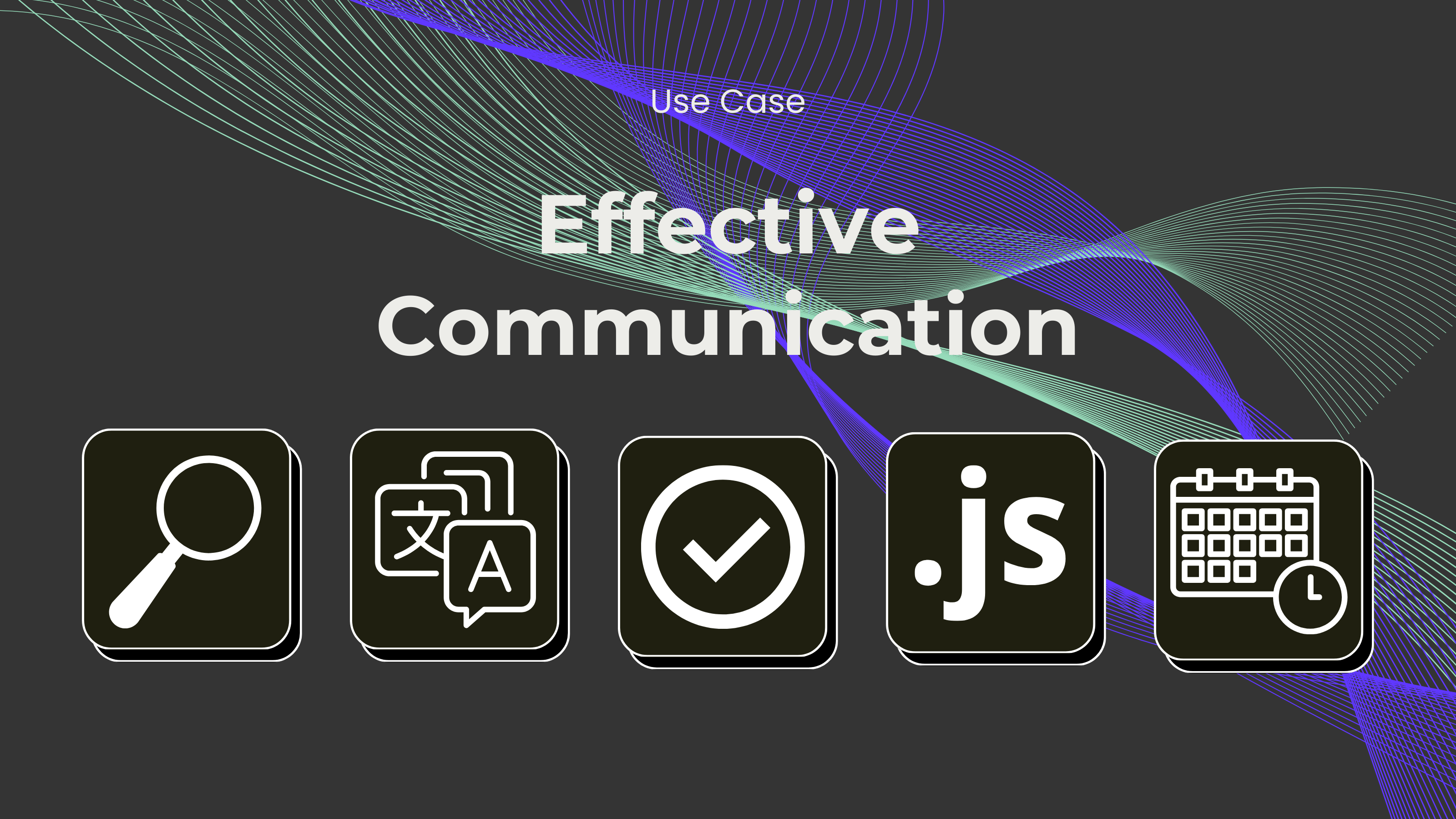All posts
Crypto Endpoints
This blog introduces three crypto-related endpoints from 0CodeKit: Encrypt, Decrypt, and Hash. These endpoints enhance security by encrypting sensitive information, decrypting for authorized access, and verifying data integrity through hashing.
AI, Business, Code, Image & PDF Endpoints
This blog is the first in a series exploring endpoints across 5 categories: AI, Business, Code, Image, and PDF. From text and content recognition in AI, email and VAT validation in Business, code execution in Code, image processing in Image, to PDF manipulations.
DeepL vs. 0CodeKit
This blog compares DeepL, a leading language translation platform, and 0CodeKit, a versatile API with translation capabilities among its 140 functionalities. Both services have free and various paid plans, catering to different user needs and scales of operation.
The Value Behind the Cost
This blog explains 0CodeKit's pricing structure, shaped by computational and third-party service costs, required for its over 140 endpoints. Computational demands on high-quality servers and reliance on third-party services like Azure for AI functions contribute to costs.
Edge Computing
This blog explores edge computing, emphasizing its role in real-time data processing for AI, smart devices, and IoT by decentralizing processing. This proximity reduces latency, enhances performance, minimizes internet strain, and improves data security.
Canva vs. 0CodeKit
This blog compares Canva and 0CodeKit, both of which offer powerful image editing features. Canva has revolutionised digital design with its user-friendly platform, while 0CodeKit provides 13 image editing endpoints that integrate with other platforms.
Code Editor
This blog introduces 0CodeKit's new integrated JavaScript and Python code editor. It offers syntax highlighting, variable colorization, and error detection, improving readability and coding ease. Additionally, AI support aids in faster and easier script writing.
AI Endpoints for Content Analysis and Development
This blog introduces 0CodeKit's AI endpoints, designed to facilitate content analysis, transformation, generation, and security. Key features include extracting and analyzing data, identifying languages and moods, detecting objects and text in images, and more.
Code Endpoints
This blog outlines the benefits and functionalities of code endpoints provided by 0CodeKit, specifically for JavaScript and Python code. These endpoints offer flexibility, scalability, and dynamic execution for tasks such as web development, data analysis, and automation.
0CodeKit + Zapier Automations
This blog showcases how 0CodeKit endpoints integrate with Zapier features to optimize tasks through automation. Three practical scenarios are highlighted: scheduled image generation, converting tables to charts, and BMI assessments.
Best Practices for API Documentation Creation
This blog underscores the significance of effective API documentation for improving developer experience, speeding up onboarding, simplifying maintenance, and facilitating bug detection. It suggests establishing consistency in syntax, language, format, and tools.
Bitly vs. 0CodeKit
This blog compares URL shorteners, featuring Bitly and 0CodeKit. Bitly offers features like link shortening, customization, advanced analytics, and UTM parameter integration, while 0CodeKit offers endpoints with customizable links, URL management, and integrations.
Best Practices for API Security
This blog emphasises the importance of API security, highlighting its critical role in enabling app interactions across devices and services. Unsecured APIs can lead to data breaches and cyberattacks, especially as systems grow with microservices and multi-cloud environments.
Arbitrary Code Execution
This blog discusses executing arbitrary code safely and efficiently. Arbitrary code execution involves running user-provided code, posing security risks. Inspired by Docker and Linux kernel sandboxing, they upgraded the infrastructure to provide disposable environments.
Benefits and Best Practices for API Pagination
This blog explains API pagination, a technique that divides large datasets into manageable pages, optimising server and user performance. Advantages include improved speed, reduced resource use, cost-efficiency, scalability, and easier error management.
.png)

